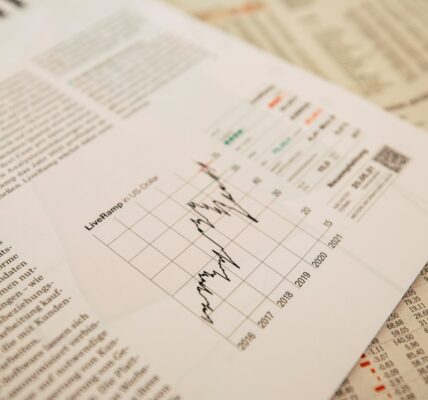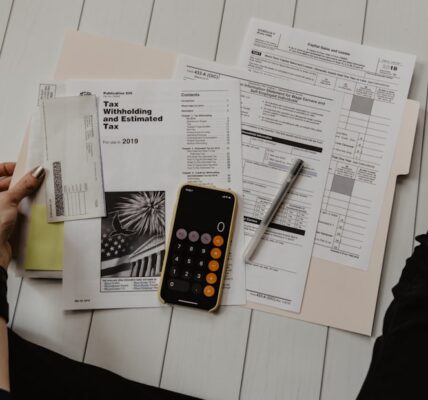Forex trading isn’t a one-time profit-generating strategy; it’s a dynamic landscape. Navigating all the highs and lows and ins and outs of the Forex Market is what no sole trader can do… But with the help of the right Forex broker, achieving success can be relatively straightforward.
Asking yourself: how to choose a reliable forex broker? Given the variety of options available, it’s essential to evaluate several key factors to ensure you select a broker that aligns with your trading needs and preferences. Let’s take a look at some important factors so that you can make an informed choice.
- Market Reputation
The reputation and credibility of a broker specialising in forex trading are foundational to your trading experience. So, look for brokers that are regulated by well-known authorities, such as:
- The Financial Conduct Authority (FCA) in the UK,
- The Commodity Futures Trading Commission (CFTC) in the US, or
- The Australian Securities and Investments Commission (ASIC).
It’s wise to research broker reviews and testimonials from other traders. This way, you will better gauge their reputation, trustworthiness, and overall client satisfaction.
A solid reputation often indicates a history of compliance, transparency, and ethical business practices—so be sure about all these aspects and then make a final choice.
- Trading Platforms
As a gateway to the Forex market, the trading platforms empower traders to stay on the right track during their trading journey. That’s why it’s vital to choose one that’s user-friendly, stable, and enriched with features.
Don’t forget to check whether they offer advanced charting tools, a variety of technical indicators, automated trading capabilities, and customizability.
Additionally, ensure that the platform supports both desktop and mobile versions for trading flexibility. Ensuring the speed of trade execution is crucial, as delays can hinder your trading performance.
- Leverage and Margin
Grasping the leverage and margin options provided by a broker is essential for risk management. High leverage can amplify profits but also increase the risk of financial losses. Different brokers provide varying levels of leverage.
So, prioritise choosing one that not only offers favourable conditions but also offers comprehensive information on how to manage risk more effectively. Further, you need to fully understand margin requirements and how they affect your trading capital.
- Customer Support
Reliable customer support can make or break the trading experience. During your search, ensure that the broker offers multiple channels of communication, including:
- live chat,
- email, and
- telephone support.
Meet their representatives to assess how responsive and knowledgeable they are. Pay attention to the availability of support in your zone, time, and the language offered, particularly if you’re an international trader.
Consider choosing a broker that demonstrates commitment to customer service and resolving issues promptly, helping traders succeed.
- Fees or Commissions
Another must-look thing is to understand the fee structure of a Forex broker. Therefore, you will evaluate the overall cost of trading. Be on the lookout for transparent information regarding:
- spreads,
- commissions,
- swaps, and any
- additional fees (such as withdrawal fees or inactivity charges).
Compare the fee structures of different brokers to identify the one that provides the best value for your trading style.




